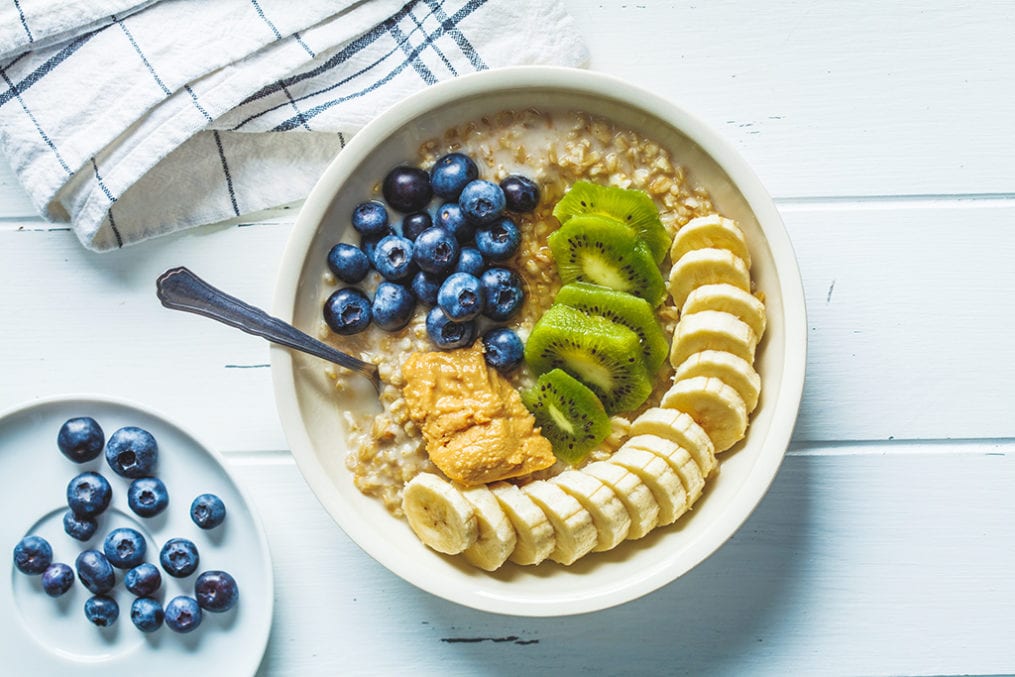Eat Clean: What it means (and how to do it)
It’s a phrase dominating our Twitter feed at the moment. But what exactly is clean eating? Here Terry Walters, the woman who pioneered the trend in the US, talks us through how we can do it too
1. Clue up on the concept
Clean eating is all about filling your diet with super-nutritional foods that are quick to prepare, and taste delicious! Clean food is minimally processed for maximum nutrition. We all need more of these foods, no matter what else is on our plates – whole grains, nuts, seeds, vegetables, legumes and fruit.
2. Look on the bright side
Focus on what you can have, not what you can’t. It is not about deprivation, self-judgment or rigid guidelines. Eating clean is filling your life with foods that heal and nourish. Embrace positivity in your approach and you won’t feel like you’re missing out.
3. Count the benefits
Eating clean allows you to naturally control your cholesterol and weight, reduce the impact of stress
in your life, support your family’s health and contribute to your local economy – because as much as possible is grown or bought locally. The cleaner we eat, the clearer we think.
4. Strike your own personal balance
It’s not an all or nothing deal. Eating clean is about finding balance and making it work for you, not depriving yourself of foods you love. The more we focus on bringing in clean food, the more the foods that don’t serve us will fall to the wayside or be eliminated from our diets altogether.
5. Change your concept of a treat
If you think about it, simple and delicious food is always a treat. Treat yourself daily with flavourful dishes featuring locally grown fresh produce at its maximum nutritional value and taste.
6. Switch up your sugar cravings
There’s no need to deprive your sweet tooth entirely. You can still treat yourself to clean snacks and desserts, from pumpkin spice muffins to gooey cocoa brownies. Let food – even the sweet stuff – fuel your activity and feed your metabolism in a way that’s healthy and sustainable.
Read more: How to bake without refined sugar7. Keep costs down by growing your own
Everyone can do it. Growing your own is a great way to fill your diet with seasonal fresh produce, whether you have a garden or just a pot of herbs on the counter. It doesn’t have to be expensive.
8. Try something new every passing week
Try one new clean food a week – wholegrains, legumes, leafy greens, nuts or seeds. By the end of the year, even if you only like half, you’ll still have 26 new clean foods in your diet. This slow transition is easy on your body and your wallet.
9. Get supermarket savvy
When you buy food in a package, imagine each ingredient growing. If ingredients sound more like they come from a processing plant than the green kind, put back that item and search for a cleaner alternative. Before you enter the supermarket, set out to buy only foods that nourish you.
10. Keep it seasonal
The goal is to eat less processed foods for more nutritional value. Fill your shopping trolley with fresh fruits and veg that are in season. Look for items grown locally that offer the nutrition you need to maintain balance with your environment. If you can’t find them, ask. The more the demand, the sooner we’ll see healthy changes in supermarket offerings. Most importantly, enjoy your meals, eat clean and live well!












